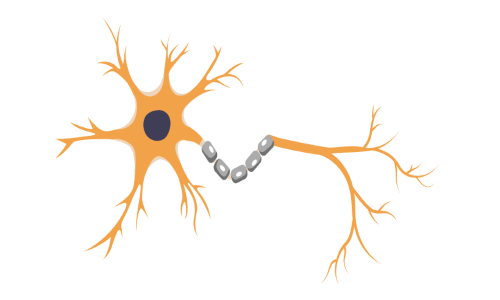
IFS Techniques & Cinema Therapy: Using Film to Explore Parts & Foster Healing
Open to access this content

Open to access this content

Open to access this content

Open to access this content

Open to access this content

Open to access this content